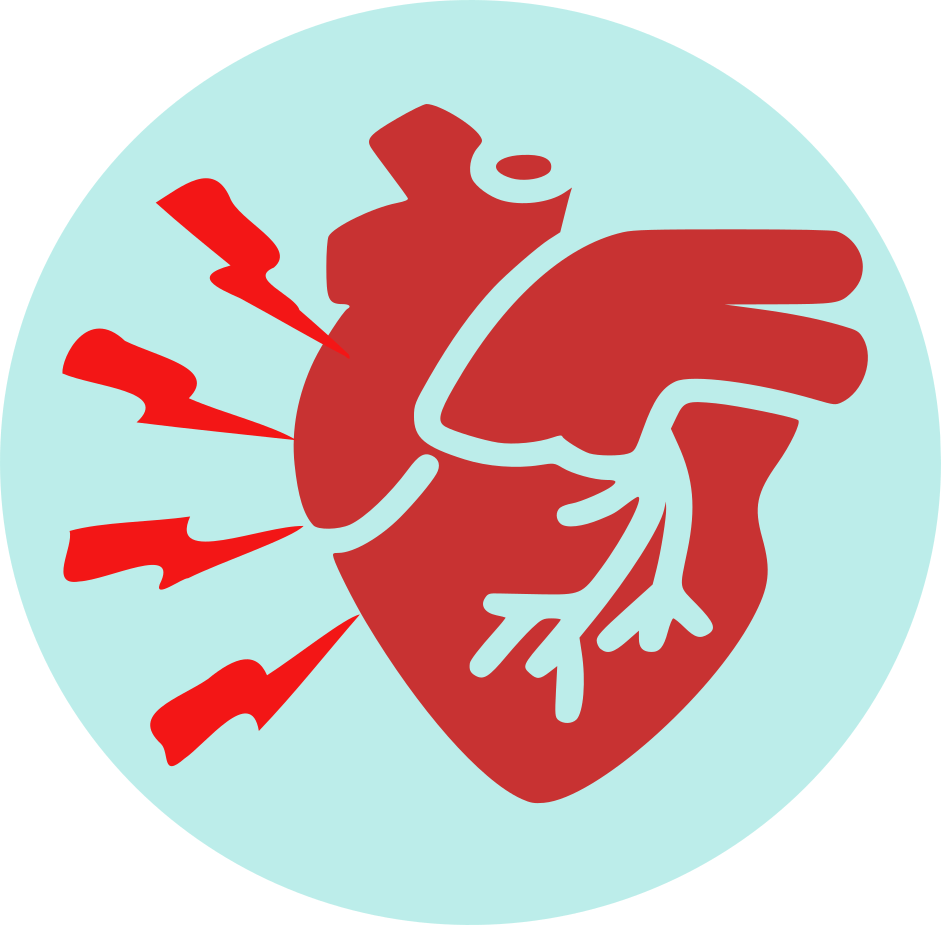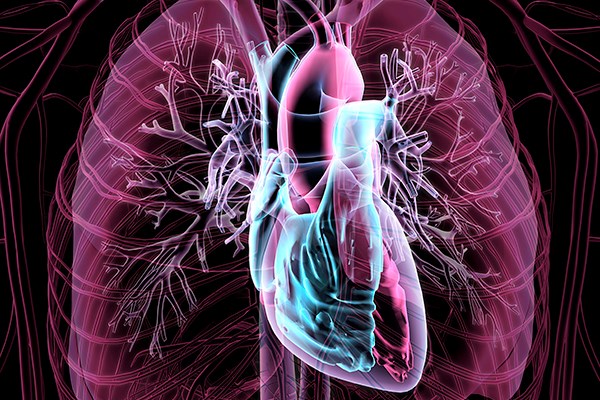| Name | Heart Failure |

Heart Failure
Heart Failure is a condition where your heart cannot pump the required amount of blood to your body. If your heart is damaged or it does not pump blood properly then your heart may become big, weak, or hard.
If you suffer from heart failure, your muscles and organs receive less oxygen and nutrients. This can cause you to feel dizzy and tired. There may also be an accumulation of excess fluid in your body, which can cause you to have difficulty breathing and swelling in your legs or abdomen.
What are the signs and symptoms of heart failure?
Decreased supply of oxygen and nutrients to your muscles and organs and accumulation of fluid in your body can lead to heart failure. If you have heart failure, you may experience one or more of the following common symptoms:
- Swollen stomach
- Chest pain
- Cough
- Shortness of breath, especially during physical activity
- Discomfort caused by shortness of breath while lying in bed or on a plane
- Dizziness
- Chest throbbing
- Loss of appetite or nausea
- Swelling of the ankles or feet
- Fatigue
- Staying up all night because of shortness of breath
- Weakness
What should you do if your symptoms get worse?
If your heart failure symptoms get worse, you need to consult your doctor immediately. If you see your doctor early, you can prevent your heart failure symptoms from getting worse and this can help you avoid the need for a long hospital stay.
What causes heart failure?
The most common causes of heart failure are heart attack and coronary heart disease, but there are many more. Many suffer from long-term illnesses such as lung disease (Lung Disease) or diabetes (Diabetes) and may be at risk of heart failure.
The following are some of the factors that can damage, weaken or harden your heart, which can lead to heart failure:
- Aging
- Chronic diabetes, HIV, and thyroid problems
- Coronary heart disease and heart attack
- Heart muscle damage (cardiomyopathy) can be caused by infection, alcohol abuse, and certain medications
- Defective heart valve
- Heart Rhythm Problems (Arrhythmias)
- Congenital heart problems (such as congenital heart disease)
- High blood pressure
- Inflammation of the heart muscle (myocarditis)
- Pregnancy - which forces your heart to work harder
How can you prevent heart failure?
The best way to prevent heart failure is to prevent coronary heart disease and heart attack. However, sometimes heart failure cannot be prevented, as it can be due to genetic or many other unknown causes. If you have had a heart attack, it is important to follow up with your healthcare team on a regular basis, including regular check-ups.


 Bangla
Bangla English
English